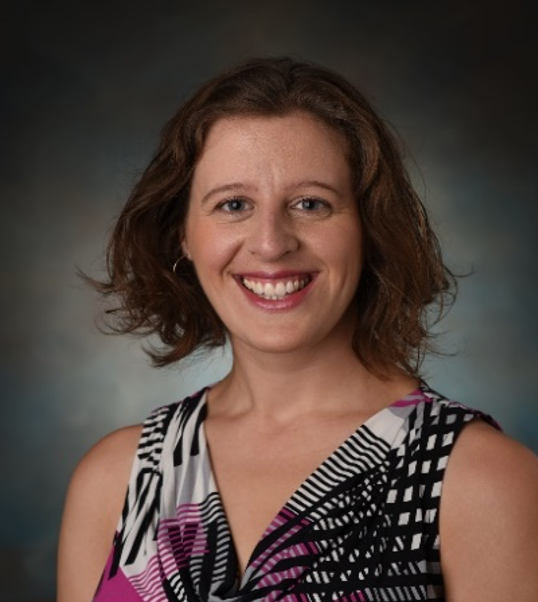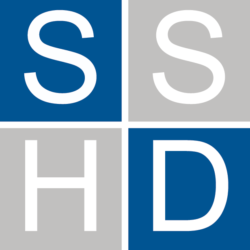Taking a closer look at research and experiences of SSHD members
~Researcher’s Window~
This month we are getting better acquainted with the research of Jen Agans, Assistant Professor of Recreation, Park, and Tourism Management at the Pennsylvania State University.
1. What drew you to do work in human development?
I originally wanted to work directly with youth as a middle school teacher or afterschool program provider. Based on my own experiences participating in and coaching youth circus programs (yes, I can juggle and ride a unicycle), I knew it was possible for these contexts to help youth thrive and I wanted to be part of that. However, I caught the research bug as an undergraduate psychology major at Macalester College, and asked a professor what might account for the positive outcomes I’d seen in youth circus programs. She told me to go get a PhD and find out myself, so here I am.
2. Did you have a mentor or researcher who had substantial influence on your path or on your work?
Two mentors stand out as particularly influential in my work, one practitioner and one researcher. Jackie Davis was my first circus coach, and became a mentor and friend as I grew up and began coaching and working with youth myself. It’s thanks to her that my research is grounded in lived experiences of positive youth development in action. It’s thanks to Richard Lerner, my doctoral advisor, that I know how to conduct that research and situate it within the theoretical frameworks of human development.
3. You have a range of important work, select 1-2 findings that you feel are key contributions to human development and describe those in brief.
Although I began my research career with specific questions about a particular type of youth program, I have since broadened my work to explore the ways in which recreation, especially involving physical activity, contributes to well-being for adolescents and young adults, seeking to describe, explain, and optimize (Baltes, Reese, & Nesselroade, 1977) pathways to active lifestyles. My research spans a variety of contexts, from high school sport and summer camps to out-of-school time programs and leisure time physical activity, and encompasses various of aspects of well-being, including self-perceptions, mental health, purpose in life, and positive youth development. While there have been many interesting research findings from these projects, the aspect that I think is most important to the study of human development is actually in the research process and the ways in which I interact with practitioners in my work. Asking research questions that are relevant for practice, collecting data in collaboration with youth programs that can benefit from the study results, and maintaining relationships with practitioner colleagues are essential to my research program. I have also published papers about my research-practice partnerships, sharing insights to help others engage in this type of work. Here, a key finding is the importance of engaging in partnerships that are mutually-beneficial, which requires the researcher to care about the needs of the program not just pursue their own research agenda.
4. Your one wish for the study of human development
I wish for better integration of research and practice. Our current system (at least in the United States where my work is based) for research training and funding often prioritizes basic research or applied/translational projects that are driven by the researchers’ interests without creating space for input from practitioners, and practitioners rarely receive training or support for engaging with research. However, human development takes place in real-world contexts, facilitated by programs and front-line practitioners. If our work is to have any impact on human lives it must be relevant and accessible. I believe the best way to ensure that happens is for researchers and practitioners to work more closely together and learn from each other.
5. A mentoring statement or quote you find most meaningful or life-changing.
I learned from my own mentors the importance of supporting mentees in pursuing their own unique paths and I try to implement this approach in my mentoring as well. A mentor can’t provide a map for a mentee, but they can be a source of support on the mentee’s self-determined journey.
About the researcher

Jen Agans is an Assistant Professor in the Department of Recreation, Park, and Tourism Management at the Pennsylvania State University. Prior to working at Penn State, Jen earned her PhD in Child Study and Human Development from Tufts University and served as the Assistant Director of the Program for Research on Youth Development and Engagement (PRYDE) at Cornell University. Her research focuses on how youth and young adult physical activity and recreation can support positive youth development and well-being, with an emphasis integration across research and practice.
Edited and launched by Deborah J. Johnson & Yoko Yamamoto
SSHD Publicity Committee

